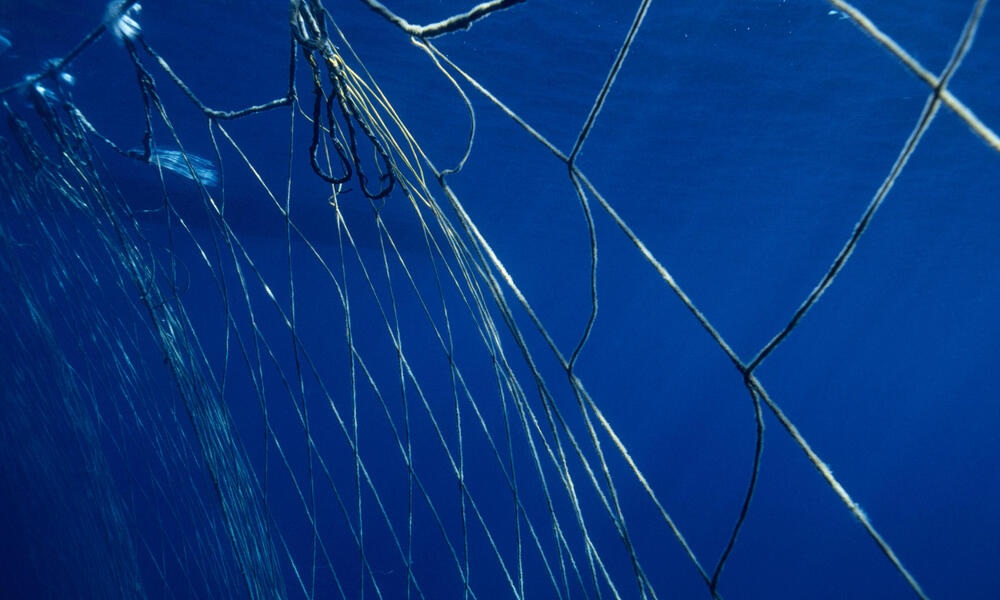Accelerating Tuna Sustainability through the Global FIP Alliance for Sustainable Tuna (G-FAST)
Tuna are among the world’s more commercially valuable fish; strong global demand and excess of fishing fleets will likely cause stocks to decline if management strategies are not improved.
While WWF has primarily engaged in sustainability efforts with major global tuna brands, retailers, and consumers, the Global FIP Alliance for Sustainable Tuna (G-FAST) model aims to improve sustainability practices through directly engaging with tuna fishing vessel owners in formal comprehensive Fishery Improvement Projects (FIPs).
The FIP objectives guide the fishery towards meeting sustainability standards, whereas G-FAST acts as a coordination mechanism for vessel owners to focus improvements on a set of four conservation priorities to accelerate sustainability. These priorities are:
- Establishing precautionary harvest strategies for tuna species that avoid potential negative future outcomes, such as overexploitation and biodiversity loss
- Reducing the environmental impact of fishing activities by developing, implementing and supporting measures, incentives, technology and techniques to mitigate bycatch of non-target species
- Promoting fair, transparent, and effective enforcement to eliminate illegal, unreported, and unregulated (IUU) fishing and trafficking
- Improving the quality and quantity of fishery data through comprehensive observer coverage (human and/or electronic) on vessels. This includes measures to ensure onboard observer safety and security
This model is successfully demonstrating that concerned fishers— uniquely positioned at the beginning of the supply chain—are effective agents for developing best practices and implementing successful improvements in gear and procedures.
Beyond implementing this change onboard, vessel owners in G-FAST work with their national governments and industries to support the adoption of new standards and practices at regional fishery management organizations (RFMOs).
To date, the G-FAST alliance includes ten fisheries currently in fishery improvement projects (FIPs) working towards certification from the Marine Stewardship Council (MSC) to use its ecolabel on commercial products.
The vessels in these fisheries are purse seiners (a fishing method that nets around schools of fish) that target skipjack, yellowfin, and bigeye tuna species. Participating FIPs include:
Over 180 major tuna vessels are participating in G-FAST, which is more than 20% of the world’s major tuna purse seiners. Combined, these vessels catch a total of 960,000 metric tons of tuna—approximately 20% of all global catch.
With this influence and reach, G-FAST members signed onto advocacy letters—aligned with WWF priorities—for the latest annual RFMO commission meetings.
Currently, G-FAST is recruiting other fisheries interested in pursuing sustainability commitments to join, particularly those in East Asia.
In the upcoming months, WWF will continue to engage regularly with vessel owners and prepare advocacy letters regarding conservation best practices in advance of RFMO meetings across all oceans.
To learn more about G-FAST, and to learn how to become involved, please view the informational brochure here.
G-FAST was established in 2017 with funding from the Gordon and Betty Moore Foundation Ocean and Seafood Markets Initiative (OSMI).
